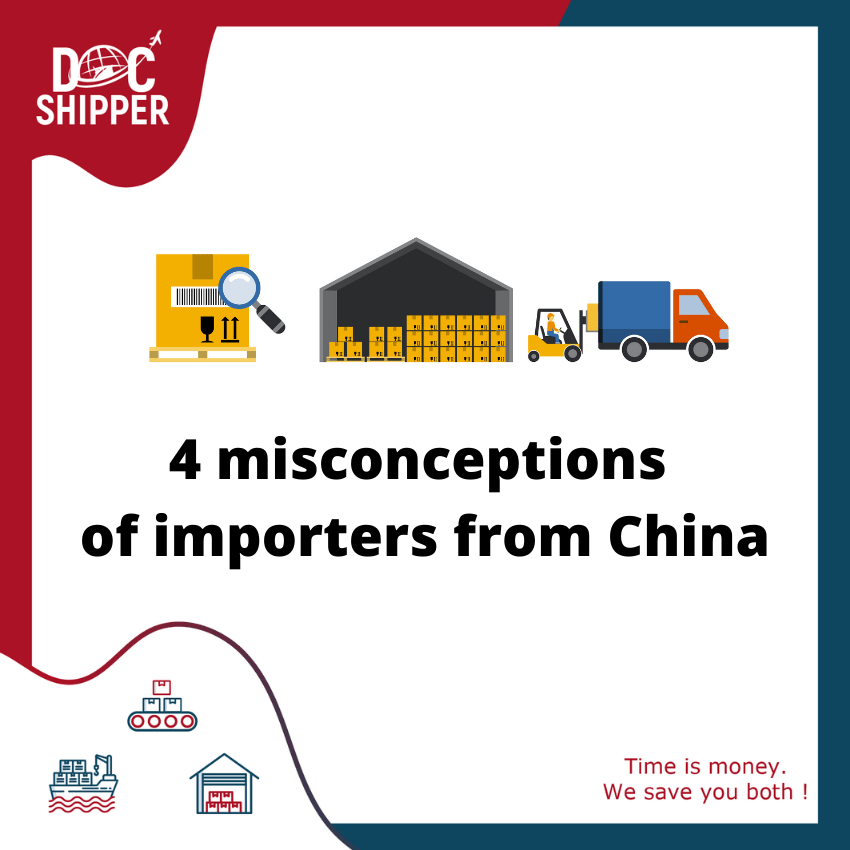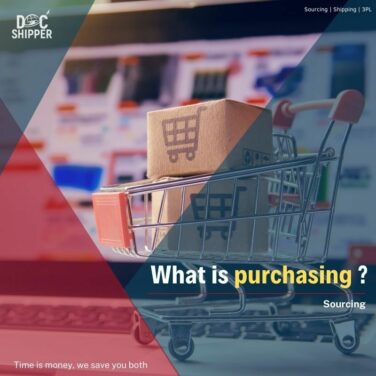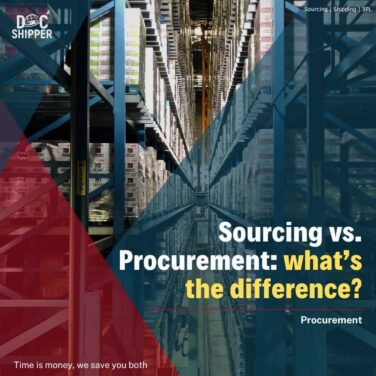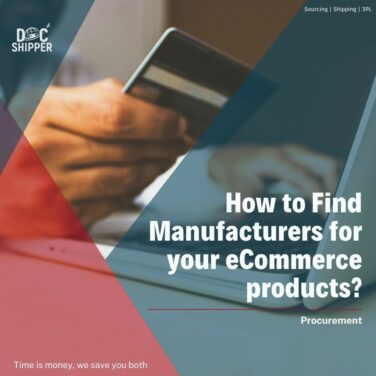Not all products worth importing and as an importer from China you might be interested to know which products you should avoid importing.
If you go to the different listing of categories on Alibaba or eBay or any other platform, you will find out that most of the products are made in China.
Despite the rising labor costs and trade wars among China and its opponents, China is still the factory of the world and most of the importers choose Chinese suppliers. One of the important reasons is the expertise and experience of Chinese manufacturers. Thanks to the years of producing and working with different companies and their now Chinese manufacturers have the skills which can’t be found elsewhere in Asia.
Despite years of importing from China still, e-commerce importers face many challenges with Chinese suppliers. One of the main concerns regarding importing from China is the persistent misconception about product quality.
Most misunderstandings with Chinese manufacturers rise from poor communication, vague requirements, and not being prepared. In this article, we will talk about the most frequent misunderstanding of importers from China.
Importing the wrong products
The first inquiry that comes to an importers’ mind is” What is the perfect product to import and sell”?
At lease for the last two decades, China is known as the “factory of the world”, a place where you can find easily manufacturers for a variety of products. Having the possibility to import whatever you want from China doesn’t mean that you should import everything. Since you don’t import to keep it for yourself but you are importing because you want to resell them. There are certain products that don’t suit your e-commerce you can’t resell them so you have to avoid importing such kinds of products.
Before placing an order you have to research the market, intended product, and customer base, then you can go on with placing the order. One should also avoid placing high quantity orders before testing the market and see how will be the sales before investing a large capital. Placing a small quantity can also allow you to know the quality of the product from your supplier if you a startup and ordering for the first time with a supplier that you don’t know well.
For the first order, I recommend you to place an order of 10 – 20 as samples. When you receive the order check the quality of the product very carefully. Put yourself in the shoes of the customer who is going to buy the product from you. If the samples were good then you can place a high quantity and based on the demand of the market.
Products that you should avoid importing
There are certain products that you should avoid importing from China when you are just a startup and don’t have enough experience and skills. However, if you are skilled and know how to sell these products then you can take the risk. Here are the products that you should avoid importing.
Complex products
It would be a mistake to import a product that has a complex manufacturing process when you are a startup. Complex products need more quality control and any kind of flaws in the product makes customers avoid purchasing it. On other hand, it’s more difficult to maintain the quality standards with complex products.
When we say complex products, we mean consumer electronics, watches, jewelry hand, and any product that is made from high-value materials or multiple materials. To produce complex products suppliers go to different manufacturers to gather the multiple materials which make the product. The transparency of suppliers regarding whom they go for different parts of the product remains limited to you.
On top of that, when you are a startup it will take you some time to find a reliable supplier that ensures you consistent good product quality. The margin of misunderstanding and poor communication between you and your suppliers remain very high in the first stages of your relationship with the suppliers. Since the supplier may not understand well the specifications of the products, how the product will be used, or what production processes they need to follow.
As a result of a misunderstanding, the margin of flaws in the quality of the product can be very high especially when it’s a complex product. Meanwhile, the repairing costs of flaws will be very high for the complex products since; fixing the flaws may need disassembling the product completely or sourcing the replacement part.
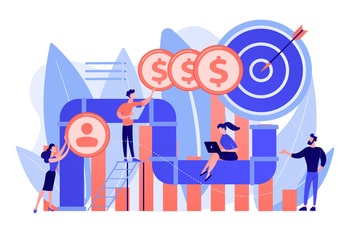
Labor-intensive Products
The second type of product that a startup should avoid importing is labor-intensive products. Labor-intensive products examples: clothing, shoes, luxury products, and handcrafted items.
Labor-intensive products tend to have high-quality flaw tendency and they cost higher. Thanks to new technology and automated production process, they cost fewer and have lower quality defeats. A machine will produce the exact same product every time but it is very hard for a human being to produce a handcrafted product the same two times.
Examples of frequent labor-intensive errors:
Extra thread left on a garment: additional time and cost for cutting those threads
Extra glue on a shoe: Additional time and cost for removing the extra glue
The other challenge in importing labor-intensive products is the change of manufacturer’s hub from China to lower labor cost destinations like Bangladesh and Vietnam. In the last ten years, China’s middle class is in growth, and the minimum wage in the country has risen from $144 to $347. The labor costs are on rising in China and this ends up in lower profit margins for manufacturers and e-commerce sellers.
Now it’s a more challenging task to find a manufacturer to source you labor-intensive product at a competitive rate in China than what it was ten years ago.
Counterfeit products
This is very obvious but still, there are e-commerce sellers who think they can make big fortunes in counterfeit products. While I don’t deny that you can have the chance to make good money through selling counterfeit products, but they are not the right products for you if you are or want to build a long-term business.
Your business won’t have a long life if you sell counterfeit products as customs officials and platform operators take fighting counterfeit products more seriously than any other time. E-commerce platform Amazon built Project Zero program supported by machine learning that can identify counterfeit listing and remove them. Likewise, Alibaba launched the Anti-Counterfeiting Alliance that shut downed more than 500 hundred manufacturing centers and seized over $500 million worth of counterfeit goods.
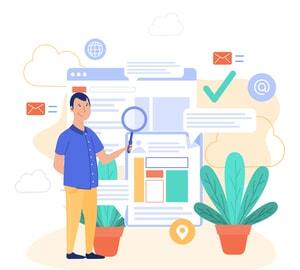
DocShipper Tip
Docshipper Tip : In case you need assistance during your sourcing contact a team of professionals who will help you through the whole process.
Placing large order before searching about the supplier
After finding the perfect product and deciding to import it from China, comes the time to choose the supplier who will source you the products. Though one shouldn’t get excited at this point and place a large order with the first supplier he/she finds.
Placing an order right away before searching about the supplier can lead your business into risky situations such as scams, receiving goods that you won’t be able to sell, bankruptcy and etc. You have to be careful about those suppliers and demand for the total payment in advance.
No matter even if you are small e-commerce with a small budget still you can have informal research about the supplier you want to choose for sourcing before placing an order.
Tips that can help you in finding a reliable supplier
- Find a gold supplier (if you are looking for the supplier on Alibaba)
Gold suppliers can be more trustworthy than those who are not. They are legally registered and they have got a valid business license.
- Are there other products they manufacture and export?
To find the information you can go to Alibaba’s’ suppliers listing.
- Does the supplier have documents to prove its activities?
The documents the can prove the legitimacy of the supplier activities are business licenses, ISO, and test reports. To verify the certificates contact the organization that issued those certificates.
- Ask if you can visit the supplier’s facility?
If there be any kind of fraud or scams they will say no. Ask for the visit even if you don’t have the intention to do it, only to find out the reliability of the supplier.
- Request a product sample before placing a large order.
Product sample review can tell a lot about the product you are going to import and sell. You can also check the delivery time and how to product arrives you.
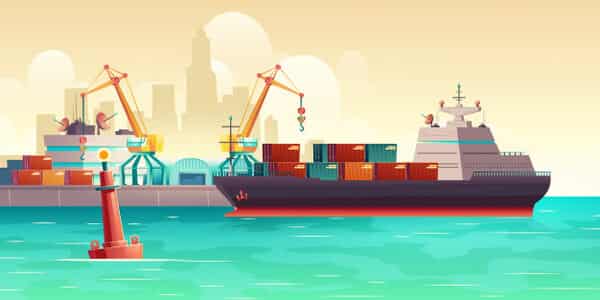
Quality inspection by third-party
Searching and finding out about supplier reliability through official databases can be a very challenging task as most of the official databases are not in English. For those who can afford it asking a third-party audit about the supplier can be very useful.
They go to the supplier’s facilities and check directly their operations and activities. They also verify the official documents the supplier has and see if there is any kind of scams. Most of the third-party audits are according to international standard ISO 9001. They can also review product samples to assist you to bypass the fees and the delay you might have in receiving the samples.
Once you find a trustworthy and reliable supplier don’t lose him by offering a too low price. Because it’s a general rule worldwide and also in China that you get what you pay for.
One of the cons in negotiation to lower the product price makes the supplier source you with low-quality products. Because that’s the way the manufacturer will compensate for the low price of the product. In the end, you will lose more than the supplier since when you don’t pay the fair price for the product the manufacturer will lower the quality of the product even more than what you pay
The misconception that the supplier knows your product requirements
It’s surprising for e-commerce suppliers that most of the time their Chinese suppliers don’t understand the requirements of the product.
The requirements of the product might be very obvious to you, but often it’s not the case for most of the average workers of your supplier. They are several barriers to understanding like being from a foreign country, having a different language, culture and experience can all lead to misunderstanding.
The common misunderstandings regarding the product requirements between e-commerce suppliers and their Chinese suppliers are as follow.

Product usage goal
You should explain the goal and intended functionality of the product to your supplier even if it seems obvious to you. There are cultural differences between eastern and western countries, things that are being used in the daily life and considered to be an essential item in the west, it might be very rare and sometimes even don’t exist in the east example: ovens and clothes dryers.
Measurement units for products
The measurement units for products and packaging must be defined. Since in contrast to the imperial system, it is the metric system that is common and used in China.
Labeling and packing
Give all the wording information to the supplier. It’s better to have simple and easy wording that doesn’t need editing. Provide the instructions regarding the placing of the text, logos, symbols, and other necessary information.
Build a quality checklist
Creating a QC (quality checklist) of your products makes it easier for your supplier to understand you well and avoids misunderstandings.
A quality control checklist or QC is a checklist of the quality you want your products have. It includes the following information:
Product specifications, such as weight and dimensions
Packaging specifications such as assortment and materials
On-site product examination procedures such as safety and functionality
Necessary equipment for inspection such as gauges, scales, and electrical testing equipment
Defect classification based on critical, major and minor descriptions
It’s not difficult to create a quality checklist; you can also build it even if you don’t have any training in the field. When you want to import a product you search for the perfect product and you know how should the product be and what quality it should have more than anyone else. You can build the quality checklist even on a spreadsheet.
You can also ask a third party to help you create a quality checklist if you don’t know how to build it. Third-party QC professionals can assist you in classifying the common quality defects based on critical, major, and minor defects. They also have information about legal requirements and common testing standards for the product. In addition to those, they can help you also in translating your QC into the Chinese language.
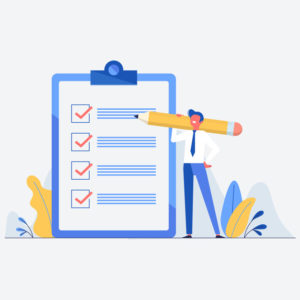
Interested in our services? Need personalized information? Our experts will answer you within 24 hours
Expecting the supplier knows overseas sales Channels
When a Chinese supplier export product overseas it doesn’t mean the supplier is familiar with the international exporting custom, regulations, and the platforms they sell their products on. This is a big mistake that most new e-commerce sellers commit.
Although Amazon and eBay are common and widely used in the US and Europe, but for Chinese suppliers and customers they are unknown, they don’t know about them much, and neither have they used them. This is true even about suppliers who source e-commerce sellers who sell on Amazon and eBay. To avoid facing any trouble, explain all the stuff required by the platform you sell on.
To be sure your supplies meet the requirements of the platform you sell on, you have several options depending on your budget and the potential risk you take.
Amazon FBA prep centers
A good option for packaging is FBA prep. When you do the packaging through FBA prep you can be sure about the compliance of packaging with the requirements. The fulfillment center has some strict packaging rules in order to allow your inventory to be accepted. FBA prep makes your product ready to be sent to Amazon, they also provide product inspection service for Amazon sellers.
The drawback is that FBA inspection happens after the goods leave the facility of your supplier. If they find any issue it will be very late to tackle the issue with the supplier.
The better option is finding a trustworthy prep service based in China. If the prep service is in China it will be easier to send defective products back to the supplier for rework. It will cost you lower in terms of logistics, less time in back and forth of the defective goods, last but not least the cost of labor is also lower compared to the US and EU.

Quality control inspection
By doing a pre-shipment inspection you will prevent wasting time, money and the headaches you will have if the goods arrive with defects. The pre-shipment inspection happens on-site and in the facility of the supplier by third-party the cost also will be small money. You can have your own inspection employee too. However, hiring inspection employees will cost more than doing it by a third party company.
Quality control inspection should be according to the requirements of the platform you sell on.
For cosmetic goods visual inspection such as scratches and color difference needs to be done
In order to identify issues with product use on-site safety and performance examination needs to be done.
For packaging inspection, the inspection needs to be done on assortment, labeling, and markings on shipper cartons and retail packaging.
Contact Docshipper sourcing services if you are looking for a third-party to help you with quality control inspections.
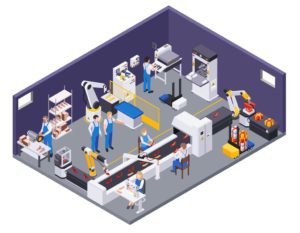
Lab testing
Certain products have legal requirements and to comply with those legal requirements you need to do mandatory lab testing. Most of the time suppliers don’t have the necessary equipment and skills to perform the required standard test on their own. On the other hand, there are certain legal regulations that ask for certified laboratories to do the testing, and the supplier testing results are not valuable.
Here are few examples of legal requirements that need lab testing:
CPSIA (The consumer product safety improvement act) for children’s toys products in the US
FFA (Flammable Fabrics Act) also in the US for children’s sleepwear
EU has REACH requirements regulation for use of harmful chemical in the products
EU has RoHS requirement regulation for use of harmful chemicals in electrical products
To ensure your goods don’t have lab testing regulations issues you can ask for reports of previous compliance from your supplier. To verify the reports you get from suppliers contact a lab and see if the reports haven’t been falsified.
You should keep in mind that previous compliance doesn’t prove current compliance. If you don’t have the budget to perfume the compliance test, to be on the safe side, avoid importing products that have such categories of products until your business grows and you get the budget.
FAQ | 4 misconceptions of importers from China
Read more
Looking for more? These articles might interest you:
DocShipper info: Do you like our article today? For your business interest, you may like the following useful articles :
- Coronavirus (Covid-19) impacts on import/export business
- How does Coronavirus impact international supply chain?
- 💡How to find a good product to sell?
- How to find your reliable supplier for your business? [Fair Trade Guide]
- AliExpress | Use the Chinese panacea to sell your products online
- How a sourcing strategy can rocket your margin?
Need Help with Logistics or Sourcing ?
First, we secure the right products from the right suppliers at the right price by managing the sourcing process from start to finish. Then, we simplify your shipping experience - from pickup to final delivery - ensuring any product, anywhere, is delivered at highly competitive prices.


Fill the Form
Prefer email? Send us your inquiry, and we’ll get back to you as soon as possible.
Contact us





